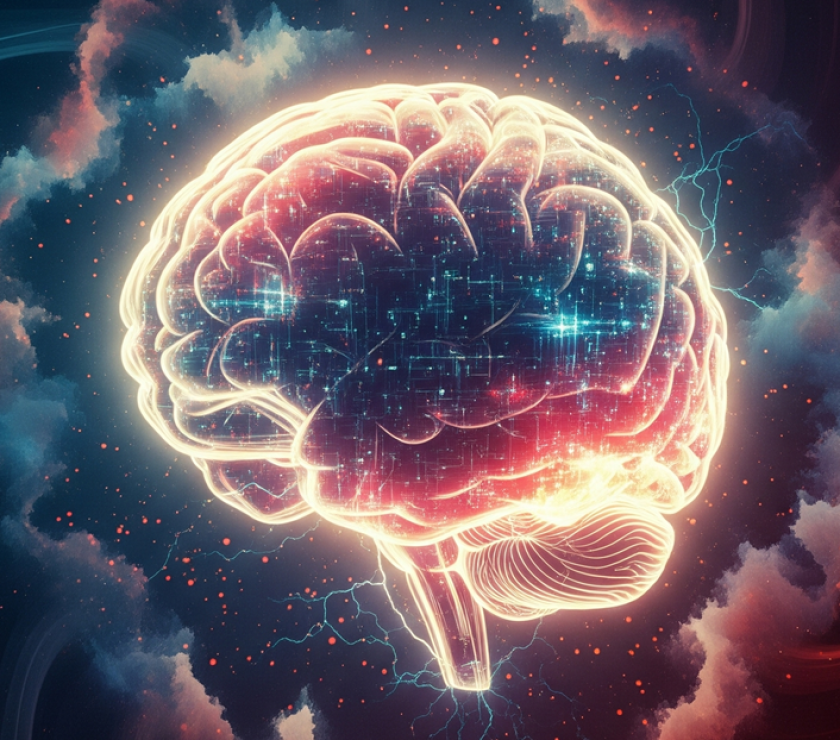How Hormones Weave Our Bonds and Connections
From the loving gaze shared between a parent and child, to the unwavering loyalty between friends, and even the simple joy of connecting with a pet, human (and even interspecies) bonding is a cornerstone of our existence. But have you ever wondered what truly underpins these profound connections? Beyond emotions and shared experiences, the answer lies deep within our biology: hormones. Here in Dehradun, where community and relationships are highly valued, understanding the fascinating interplay of hormones and bonding can offer new insights into nurturing our most cherished connections.
The Brain’s Love Potions: Key Hormones of Connection
Our bodies are intricate chemical factories, constantly producing hormones that influence everything from our mood to our growth. When it comes to bonding and connection, a few key players take center stage, acting as the brain’s very own “love potions.”
- Oxytocin: The “Love Hormone” or “Cuddle Chemical.” This is perhaps the most famous. Released during physical touch, childbirth, breastfeeding, and intimate moments, oxytocin fosters feelings of trust, empathy, and affection. It reduces fear and stress, making us feel safer and more connected to others.
- Vasopressin: The Partner in Crime. Often working alongside oxytocin, vasopressin plays a significant role in long-term pair bonding and monogamy. It influences social recognition and memory, helping us recognize and prioritize familiar faces.
- Dopamine: The Reward Molecule. When we connect with others, especially in new or exciting ways, dopamine surges in the brain’s reward centers. This creates feelings of pleasure and motivation, driving us to seek out and repeat bonding experiences. It’s the “feel-good” chemical that reinforces our desire for social interaction.
- Serotonin: The Mood Stabilizer. While not directly a bonding hormone, stable serotonin levels contribute to overall well-being and emotional regulation, making us more amenable to social interaction and less prone to anxiety or irritability that can hinder connection.
These neurotransmitters and hormones work in concert, creating a powerful biochemical foundation for all forms of human connection and affection.
Beyond Romance: Hormones in Diverse Bonds
The fascinating thing about these bonding hormones is that their influence extends far beyond romantic relationships.
- Parent-Child Bonding: Oxytocin is pivotal here, not just during birth and breastfeeding, but also through skin-to-skin contact, eye contact, and nurturing care. This early hormonal surge helps form the profound, unconditional love between parent and child.
- Friendships and Social Ties: Sharing a laugh with friends, offering support in times of need, or engaging in collaborative activities (like those enjoyed in Dehradun’s vibrant communities) can all stimulate oxytocin and dopamine release, strengthening platonic bonds and fostering group cohesion.
- The Human-Animal Bond: Research shows that interacting with pets, especially dogs, can lead to increased oxytocin levels in both humans and animals, highlighting a shared biological mechanism for interspecies bonding. Many residents in Uttarakhand experience this joy daily with their furry companions.
- Community and Collective Well-being: Participating in local events, volunteering, or simply connecting with neighbors can trigger these bonding chemicals, contributing to a sense of belonging and collective well-being, which is vital for a healthy society.
Nurturing Your Hormonal Harmony for Stronger Connections
Understanding the role of hormones in bonding isn’t just academic; it empowers us to actively cultivate richer relationships. Here are simple, yet powerful, ways to encourage healthy hormone levels and foster stronger bonds:
- Embrace Physical Touch: Simple hugs, holding hands, or even a comforting pat on the shoulder can trigger oxytocin release.
- Share Experiences: Engage in activities that bring joy and connection, whether it’s exploring the natural beauty around Dehradun, sharing a meal, or pursuing a shared hobby.
- Practice Mindfulness and Stress Reduction: Chronic stress can disrupt hormone balance. Activities like yoga and meditation, widely practiced in Uttarakhand’s spiritual centers like Rishikesh, can help stabilize mood and improve hormonal health, making you more open to connection.
- Prioritize Good Nutrition: A balanced diet rich in whole foods, like the Mediterranean-style diet, supports overall brain health and neurotransmitter production.
- Ensure Quality Sleep: Adequate rest allows your body to regulate hormones effectively, preparing you for positive social interactions.



